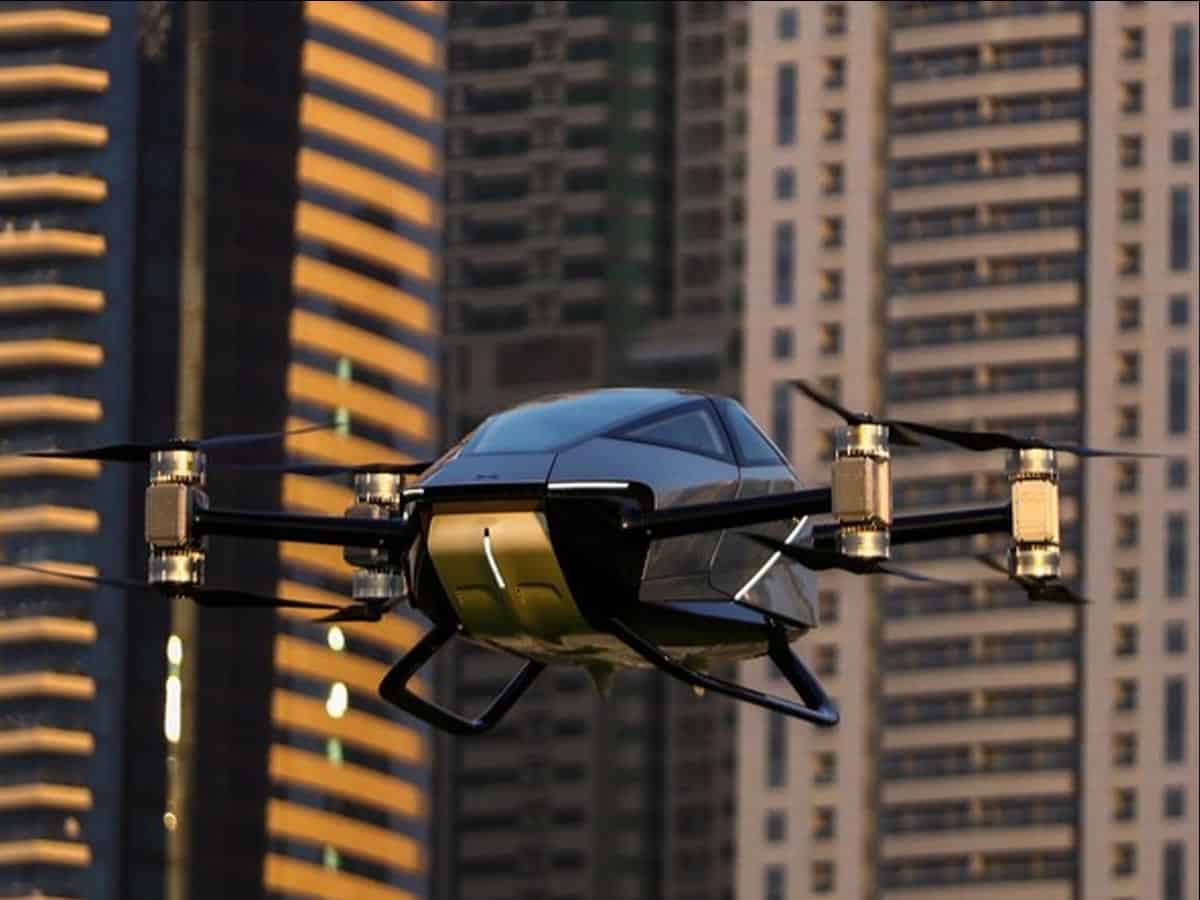
Dubai-based aviation company Aviterra, owned by one of the founders of Jetex, has placed an order for over 100 two-seater flying cars from the Dutch firm PAL-V to revolutionise public transport in the UAE and across the wider Middle East and Africa region.
The managing director of Aviterra, Mouhand Wadaa, said the vehicle’s design is simple, and people can park it in a parking lot or villa.
“You will be able to drive it on land, and you’ll be able to turn this car into a flying vehicle within 2 minutes. It needs a 120-meter strip to be able to take off and will fly up to 11,000 feet high. Upon landing, you can drive like a normal car to your home or destination. It will use the same fuel that is used for regular cars. So it’s driving a car on an aircraft engine on the road,” he told the media.
Due to its unique blend of a gyroplane and automobile, the PAL-V’s Liberty flying car model is the world’s first flying car. The company will introduce the flying car once it is launched in 2025–26, marking a significant step towards advanced air mobility (AAM).
Significantly, the PAL-V Liberty will address the critical need to navigate congested roads and provide a solution for enhanced travel flexibility with a flight range of 500 km and a maximum airspeed of 180 km/h.
While speaking to the media, Wadaa revealed that initially the flying cars will be used for private and government use, adding that people will be trained for a couple of months before they can drive and fly them.
“We need to be sure that people are well trained, and they should be private pilot license holders,” he said.
He added that the company is “expecting it to be initially rolled out at the end of 2025 or 2026, subject to final certification from the UAE General Civil Aviation Authority. It will get certified by the International Air Transport Association (IATA) and European Aviation Safety Agency (EASS), and then we’ll work with the UAE government to get it certified based on the certification from the European authority.”
Commenting on the price of the vehicle, Wadaa said that it was going to cost at least 10 per cent of a helicopter ride, and the operational cost would be 10 per cent of a helicopter.
